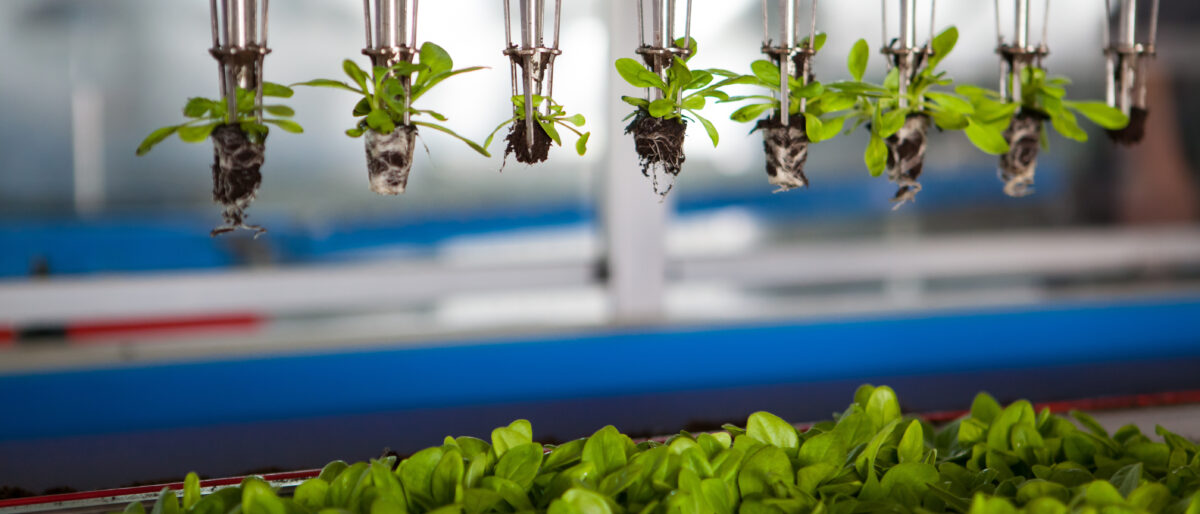
Proof of Concept Societal Impact 2024
Proofs of concepts help to determine whether an idea, a specific concept or approach when turned into reality would bring societal impact as envisioned.
Six Proofs of Concepts (PoCs) have been selected to be implemented between February and July 2024 by individual organisations or small consortia. The participant organisations will spend six months testing and demonstrating the relevance of the proposed approach for establishing the societal impact feasibility of the idea.
You can read more about each of the selected PoCs here:
Nutridono
In some European countries children living in relative or absolute poverty often do not receive healthy nutrition. This is due to the lack of economic accessibility, limited food availability at supporting charitable organisations or limited knowledge regarding what defines healthy nutrition for children.
Fondazione Comitans, the organisation implementing this Proof of Concepts in Italy, plans to work with volunteers of charitable organisations distributing foods and with families in need.
During the PoC they will train volunteers so that they can provide families nutritionally more adequate packages or suggest healthier choices for their food carts. They will do this through workshops and the use of an app that assesses the nutritional needs of the family and provides a list of possible items to be included in the packages or to be added to the food carts based on different criteria.
Mobile Teaching Kitchen Initiative (MTK)
Food insecurity and malnutrition are a huge concern for millions of households across the UK. The MTK Initiative, organised by the NNEdPro Global Institute, is committed to empowering marginalised populations by providing culinary nutrition education and microenterprise skills. With a focus on improving the health and well-being of those facing the risks of nutritional deficiencies, the initiative takes a multifaceted approach to tackle pressing issues such as food insecurity, malnutrition, and the economic challenges faced by low-income individuals. Recognising the critical link between access to food and financial stability, MTKi strives to educate communities on nutritional best practices and equip them with the necessary skills to generate income through microentrepreneurship. This dual strategy fosters self-sufficiency and provides a sustainable solution to the recurring barriers of limited food access and financial constraints.
The proof of concept will be implemented in two Scottish communities. It will allow the assessment of the feasibility of implementing the MTKi model within the UK's specific socio-economic and cultural context.
Seeds4Future
Eating healthy and local is becoming increasingly important. The development of urban forms of agriculture represents an opportunity to improve access to healthy, local food, reduce CO2 emissions and create new economic opportunities. However, citizens, farmers and public administrations face several challenges in developing these forms of agriculture.
Seeds4Future proposes an innovative approach to improve urban green management and at the same time as sourcing local produce. Through a collaborative process involving all stakeholders, the Proof of Concepts, that will be implemented by the University of Trento in the Trentino region in Italy will define shared solutions that take into account the needs of public administrations, co-operatives, local producers and citizens. The goal is to create a roadmap for an integrated green plan strategy that can be replicated in different cities and contexts.
Wisebites
In Latvia the discussion around sustainable food systems is lacking in the public domain.
The project, run by the Institute for Environment, Sustainability, and Security targets adults and families in Latvia who may not actively seek out information and avenues for adopting more sustainable dietary practices. The approach is centred around engaging children through schools and enhancing their impact by generating and disseminating content that appeals to individuals open to embracing healthier options.
The Proof of Concepts intends to engage young participants in mapping sustainable food sources and pathways within their local communities. This will empower them with practical skills and encourage them to participate in reshaping their food ecosystems.
The initiative fosters a culture of informed decision-making and responsible consumption, as well as influence the demand for locally sourced, sustainable food products, potentially leading to the growth of local agricultural enterprises. It may as well influence school nutrition guidelines, promoting the integration of eco-friendly options.
Youth Lab Food Awareness Programme
In Romania, various initiatives are promoting a healthy lifestyle for children and young adults. However, there is a notable gap in focusing on practices that encompass healthy eating, self-sufficient food cultivation, and circular, sustainable economic habits to foster a more health-conscious and environmentally friendly way of life.
Through increased awareness of what and how they consume, intended beneficiaries, 15 to 23 years old, will be able to embrace informed decisions and instil transformative practices and habits that can influence their physical health and emotional well-being.
To facilitate these changes, Innovation Education Lab (Romania), Equação, Cooperativa de Comércio Justo (Portugal) and Aventura Marao Clube (Portugal) will foster an understanding of the existing lifestyle choices in comparison to healthier dietary standards, will provide an overall set of skills for a healthier living and will design a mentorship program, aimed at inspiring young adults to consider careers in circular and sustainable economies or ESG-related fields.
Reusable Packaging Revolution
Packaging has a harmful effect on the environment and contributes to climate change. There are high and growing levels of packaging waste and a significant increase in the use of single-use packaging.
In order to counter the reign of single-use food packaging, and simultaneously include consumer involvement in shaping a future food system this Proof of Concepts implemented by University of Turin, Mercato Circolare and Aarhus University aims at piloting single-use packaging reduction strategies in three deli locations in the Italian city of Turin. Consumers will be motivated to use containers brought from home or use the reusable container deposit system that is being tested at those locations.
Project lead
Related Projects

Environmental Food Label











